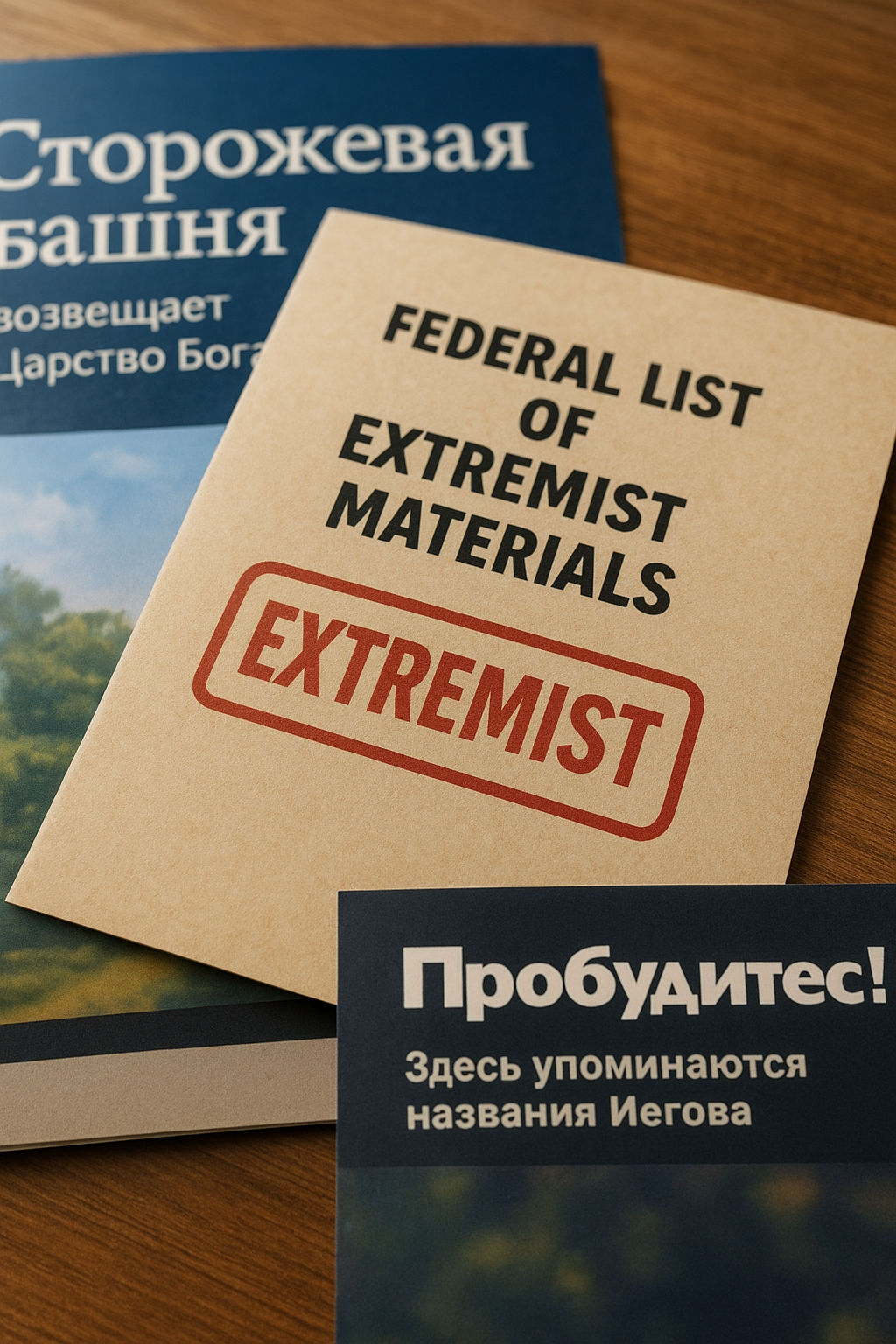Kirov LRO and Dmitriyevykh v. Russia, No. 29296/18, ECtHR (Third Section), 10 July 2025

The European Court of Human Rights, following the landmark Taganrog LRO and Others v. Russia judgment, has once again ruled on violations of Article 9 of the European Convention on Human Rights (ECHR) committed by the Russian Federation with regard to the treatment of religious minorities, particularly Jehovah’s Witnesses.
Since 2022—and especially throughout 2025—the Strasbourg Court has examined several applications lodged by Russian citizens who complained, among other things, of the interruption of their religious activities, the seizure of their religious literature, and the forced dissolution of the associations to which they belonged. These restrictions on the religious freedom of Jehovah’s Witnesses—a minority historically disfavoured in Russia as a “non-traditional” religion (indeed, as early as 2004, the Moscow District Court had ordered the dissolution of the Jehovah’s Witnesses Congregation and banned its activities)—were based on the classification of the group as an extremist organization. The Russian authorities justified this classification on the grounds of the group’s alleged interference with citizens’ consciences and private lives, which was said to constitute a genuine threat to the protection of societal interests and public security.
The Kirov LRO and Dmitriyevykh v. Russia judgment represents the fifth case decided by the ECtHR in 2025 in which Russia was found to have violated Articles 9 and 10 of the Convention.
The application lodged by Kirov LRO concerned the forced dissolution of the local organization by Russian authorities. It was struck out from the Court’s list on the basis of its factual and legal similarity to Taganrog LRO and Others v. Russia, which serves as the leading precedent for this line of case law. Accordingly, the arguments developed in Taganrog LRO—and applicable here as well—primarily concern the right to manifest one’s religion peacefully, in forms consistent with individual sensitivity and religious precepts, and to do so in designated places of worship. In Taganrog LRO and Others v. Russia, the Strasbourg judges emphasized that the collective practice of religion is a fundamental expression of religious freedom. Insofar as such gatherings do not incite violence, hatred, or discrimination against others, they cannot be classified as extremist or prohibited on that basis.
The second applicant, Dmitriyevykh, argued that the designation of his religious literature as extremist and the ensuing criminal prosecution violated Article 9 of the Convention—a violation acknowledged by the Court. In addressing Dmitriyevykh’s case, the ECtHR did not fully assimilate its reasoning to Taganrog LRO and Others v. Russia, though it explicitly referred to that precedent. The Court observed that, under Russian law—particularly Article 20.29 of the Code of Administrative Offences—the offence in question is formal in nature. Consequently, the domestic courts failed to justify the state’s interference with the individual’s religious sphere, as they omitted to examine the context of dissemination, the author’s intent, or the actual or potential harmful consequences of the act. The mere classification of the writings as “extremist,” coupled with the purely formal reasoning adopted by the national courts and the absence of substantive judicial scrutiny, thus amounted, in the ECtHR’s view, to a violation of Articles 9 and 10 of the Convention.
The ECtHR judgment of 10 July 2025 in Kirov LRO and Dmitriyevykh v. Russia therefore stands in clear continuity with the Court’s established jurisprudence on this matter. More specifically, it aligns with Taganrog LRO and Others v. Russia, which, following the trajectory initiated by the landmark 2010 judgment Jehovah’s Witnesses of Moscow v. Russia, has marked a turning point and continues to shape subsequent case law concerning religious discrimination by the Russian state against Jehovah’s Witnesses.
(Comment by Martina Palazzo)

